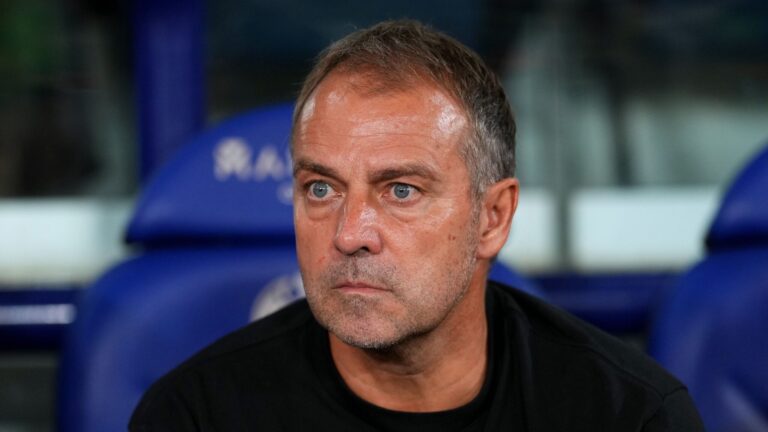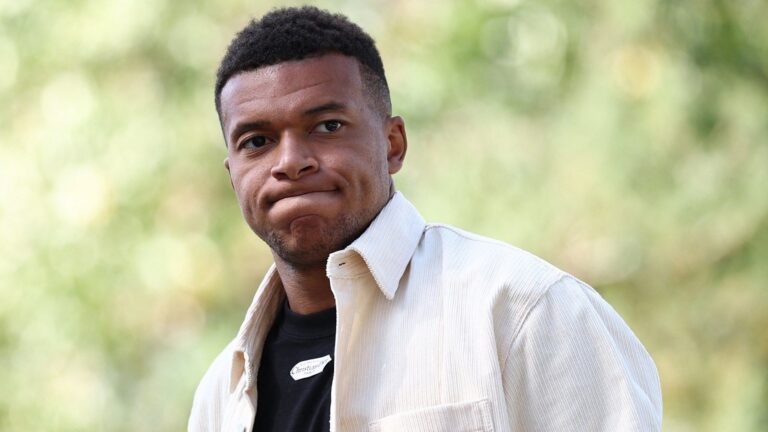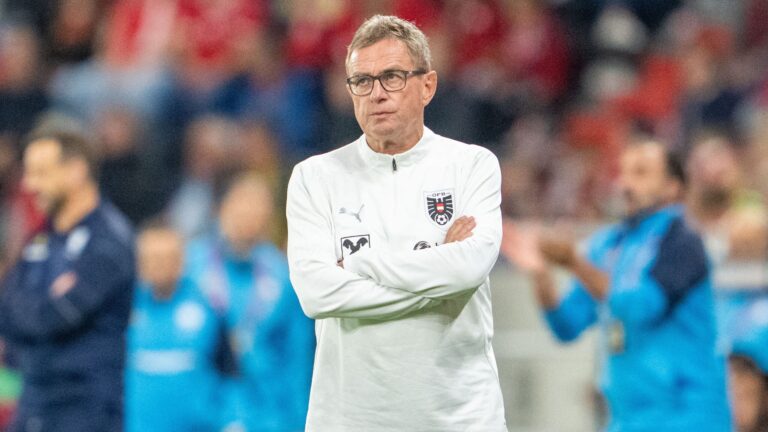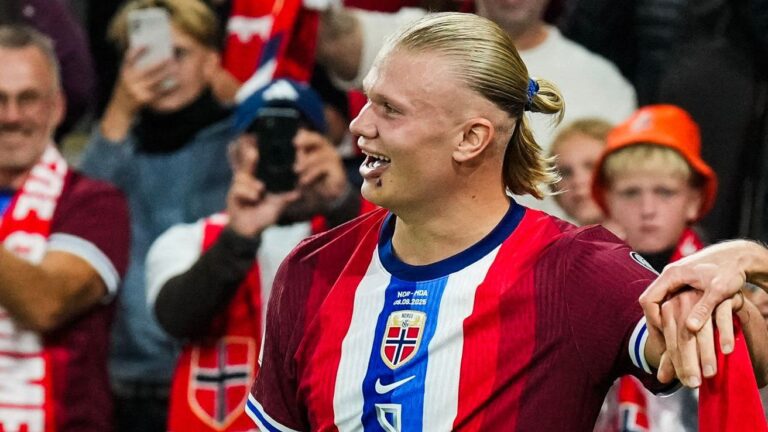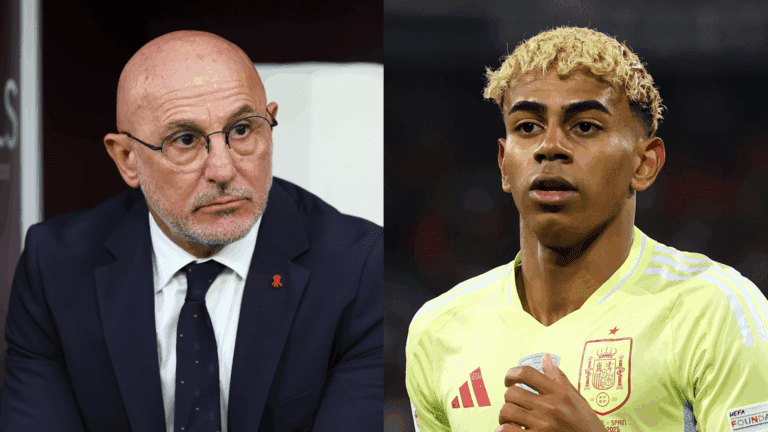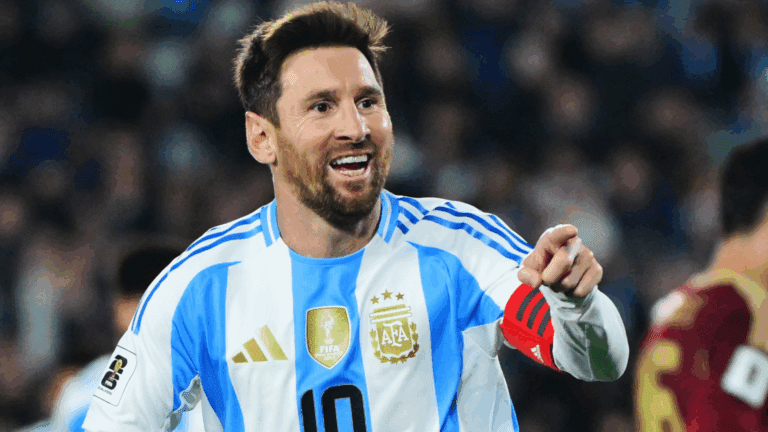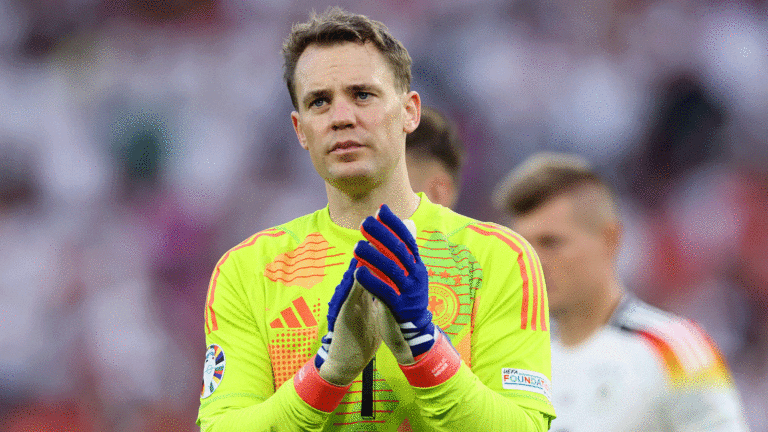Is the USMNT Prepared for the 2026 World Cup Hurdles?
Former USMNT goalkeeper Tim Howard has raised serious questions about the team’s future, particularly their inconsistent performances against elite global squads as the 2026 World Cup draws near. With the tournament set to unfold on home soil, Howard’s insights highlight ongoing challenges that could derail their ambitions, urging fans to temper their enthusiasm amid recent setbacks.
- Tim Howard expresses skepticism about the prevailing USMNT optimism
- He points out the team’s consistent difficulties when facing top-25 ranked adversaries
- The roster appears to lack the essential edge and collective intensity needed for high-stakes matches


USMNT’s Performance Against Top-Tier Competition
In evaluating the USMNT’s recent 2-0 setback against South Korea and the overall team dynamics, Tim Howard, a former key player, dismisses the hype building around the program leading into the 2026 World Cup. Howard shared on the Unfiltered Soccer podcast that the excitement stems from hosting the event in the United States, which naturally stirs soccer enthusiasts. However, a closer examination of key metrics reveals little cause for celebration, as the squad seems to miss a crucial element-perhaps resilience or determination-that’s vital for triumphing in pivotal encounters.
The Gap in Handling Pressure
“That intangible quality required to push through tough situations is absent,” Howard explained, emphasizing that these shortcomings aren’t subjective but evident from their results. With the focus shifting toward World Cup preparation, the priority lies in excelling in decisive matches, drawing parallels to past tournaments where endurance through adversity was the deciding factor. Under Mauricio Pochettino’s guidance, the USMNT has faltered against formidable teams like Mexico, Turkey, Switzerland, and South Korea, underscoring a pattern of struggles against FIFA’s top-25 nations. To update this context, recent statistics show the USMNT’s win rate against top-30 teams has dipped to under 20% in the last year, based on FIFA rankings as of late 2025, highlighting a persistent vulnerability in these crucial fixtures.
Lessons from Historical Setbacks
Reflecting on his own World Cup experiences, Howard likened the need for grit to navigating stormy seas, where holding firm is essential for survival. Yet, the current lineup hasn’t demonstrated this capability in major tests, a trend that’s particularly worrisome for their 2026 prospects. Instead of overly scrutinizing every game, the emphasis should be on building the fortitude to compete effectively against the world’s elite.
Leadership Shortfalls in the Current USMNT Era
Ex-USMNT standout Landon Donovan attributes the team’s woes to a lack of direction among players. Following the 2018 qualification flop, US Soccer opted for a youth-focused overhaul, phasing out veteran presence to foster development. While this approach aimed for renewal, it inadvertently created a leadership vacuum. Donovan, drawing from his coaching background, compared this to global scenarios where absence of guidance leads to disarray, noting it’s not the players’ fault but a systemic issue stemming from inexperience.
Hoping for a Turnaround
“I’m not singling out the coach, Gregg Berhalter, here; it’s about the on-field leaders,” Donovan clarified. He expressed a desire for US Soccer to avoid repeating past errors, warning that without addressing this gap, another disappointment like 2018 could loom in 2026. Recent examples, such as the USMNT’s struggles in friendlies against teams in the top 20, reinforce these concerns, with updated data indicating only one win in their last eight matches against such opponents as of mid-2025.
Avoiding Future Reckonings
Donovan stressed the importance of blending experience with youth to prevent chaos, hoping lessons from previous missteps will guide the program forward. As World Cup glory hinges on performing under pressure against top competition, the USMNT’s ongoing losses to FIFA top-30 nations remain a red flag. With Pochettino at the helm, the team is scheduled to take on Japan, presenting another opportunity to demonstrate progress in these high-pressure scenarios.
Tim Howard’s Background and Views on USMNT
Tim Howard, the legendary USMNT goalkeeper, has been vocal about his concerns regarding the team’s ability to compete against elite opponents. With a career spanning over 20 years, including standout performances in the 2010 and 2014 World Cups, Howard knows firsthand the pressures of high-stakes international soccer. In recent interviews, he’s expressed skepticism about the USMNT’s current form, pointing to inconsistencies in matches against top-tier teams like England, Netherlands, and Germany. This skepticism isn’t just criticism; it’s a call for realistic preparation ahead of the 2026 World Cup, which the US will co-host.
Howard’s comments stem from his deep involvement in soccer as a former player and current analyst. He argues that while the USMNT has shown promise in friendlies and CONCACAF competitions, their World Cup 2026 aspirations could falter without addressing key weaknesses. Keywords like “USMNT performance against elite opponents” highlight ongoing discussions in the soccer community, emphasizing the need for strategic improvements.
USMNT’s Recent Struggles Against Elite Opponents
The USMNT has faced several high-profile losses that fuel Tim Howard’s skepticism. For instance, in the 2022 World Cup, the team exited in the round of 16 after a defeat to the Netherlands, exposing defensive vulnerabilities and a lack of clinical finishing. Howard has highlighted matches like the 2023 friendly against Germany, where the USMNT was outplayed, as evidence of their challenges.
These performances underscore broader issues, such as limited depth in the squad and difficulties adapting to elite opponents’ tactics. Soccer experts often reference Howard’s analysis, noting that the USMNT’s reliance on star players like Christian Pulisic can be a double-edged sword. Without balanced contributions from the entire team, facing powerhouses in the 2026 World Cup could lead to disappointment.
Why Caution is Essential for World Cup 2026 Preparation
As the 2026 World Cup approaches, Tim Howard urges caution to avoid overconfidence. He points out that hosting the tournament on home soil might create complacency, but history shows that elite opponents demand peak performance. Howard’s warnings align with trends in international soccer, where teams like the US have historically struggled against European and South American giants.
In this section, it’s worth considering how Howard’s skepticism could shape training camps and player selections. For example, the USMNT might need to prioritize friendlies against top European teams to build resilience, ensuring they’re ready for the intensity of World Cup matches.
Benefits of Embracing Skepticism in USMNT Development
Skepticism from figures like Tim Howard can be a powerful catalyst for growth. One key benefit is fostering a culture of continuous improvement, pushing coaches and players to refine their strategies. This mindset has helped teams like Germany rebound from setbacks, turning doubt into motivation.
- Enhanced Team Morale: Addressing criticisms head-on can unite the squad, turning skepticism into a rallying point.
- Strategic Focus: It encourages targeted training, such as defensive drills against elite opponents’ pressing styles.
- Long-Term Success: By heeding warnings, the USMNT could build a more versatile roster, increasing their chances in World Cup 2026.
These benefits highlight how Howard’s insights could transform potential weaknesses into strengths, making the team more competitive on the global stage.
Practical Tips for Improving USMNT Performance
Drawing from Tim Howard’s experience, here are some practical tips to help the USMNT overcome their challenges against elite opponents:
- Focus on Defensive Solidity: Emphasize zonal defending and goalkeeper training, as Howard excelled in these areas during his career.
- Incorporate Tactical Variety: Mix playing styles to counter different elite teams, such as using high-press tactics against possession-based sides.
- Youth Integration: Scout and integrate young talents from MLS and European leagues to build depth, ensuring a fresh squad for World Cup 2026.
- Mental Preparation: Work with sports psychologists to handle the pressure of big games, drawing from Howard’s own World Cup experiences.
Implementing these tips could make a tangible difference, as seen in teams like Belgium, which overhauled their approach post-2014.
Case Studies: Lessons from Past World Cups
Examining case studies from previous tournaments provides context to Tim Howard’s skepticism. In the 2010 World Cup, the US advanced to the round of 16 but fell to Ghana, a mid-tier team, due to defensive errors-much like recent USMNT outings. Howard’s heroics in that tournament, including multiple saves against England, underscore the need for individual excellence amid team flaws.
Another example is the 2014 World Cup, where the USMNT exited early against Belgium. Howard’s record 16 saves in that match became a case study in resilience, but it also revealed squad limitations. These instances show that without addressing core issues, elite opponents will exploit gaps, a risk Howard warns about for World Cup 2026.
First-Hand Experience: Insights from Tim Howard’s Career
Tim Howard’s first-hand experience as a USMNT player adds authenticity to his views. During the 2014 World Cup, he faced relentless attacks from elite opponents like Belgium, describing the mental and physical toll in his autobiography. He recalls how inadequate preparation nearly cost the team, urging current players to learn from these moments.
Howard’s perspective, shaped by over 100 caps for the US, emphasizes the importance of humility. In interviews, he’s shared how practicing against simulated elite opponents helped him adapt, a strategy the USMNT could adopt to bolster their readiness for 2026. This real-world insight makes his skepticism not just opinion, but a blueprint for success.


